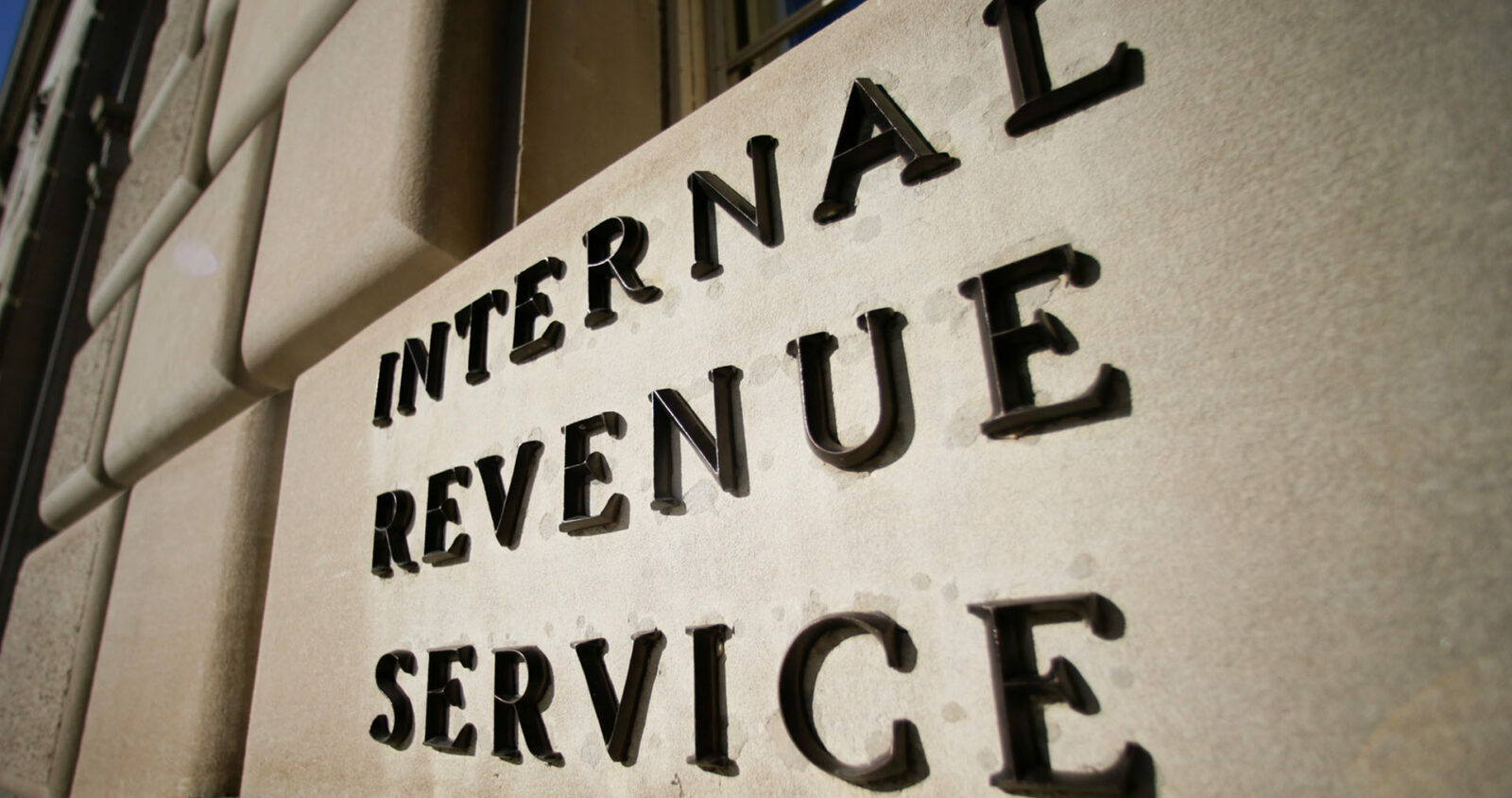IRS Identity Theft Protection PIN Program is Expanded

Identity theft is common in the tax realm, where some thieves successfully have filed fake tax returns for their victims, and stolen refunds of their taxes. It can take a year or more to unravel this, with the victim’s IRS account (and potential refund) tied up during that time. To combat this, the IRS selectively issues six-digit Identity Protection PINs, with each one unique to a specific taxpayer for a specific year. Tax returns filed with PINs properly reported are processed quickly, while returns on which the IRS expects the PINs to be reported, but omit them, will remain unprocessed until the IRS can verify the identity of the filer. Once a person is assigned a PIN, he or she will continue to receive new PINs each year from the IRS.
Oddly, PINs have been issued entirely at the discretion of the IRS, and are provided only when the IRS thinks they are necessary. PINs have not necessarily been issued upon request, although a taxpayer who completes a Form 14039 “Identity Theft Affidavit” stands a good chance of receiving one. A taxpayer is informed of a PIN assignment by receiving Notice CP01A from the IRS.
The exclusive nature of this program is about to change for the better. H.R. 3151 (known as the “Taxpayer First Act of 2019”) was signed into law several weeks ago, and it directs the IRS to establish a program under which a PIN will be issued upon request by any individual. Congress gave the IRS a 5-year window to morph from its current selective program to one in which anyone can participate, and the IRS is required to expand its enrollment during each of those 5 years. It already has started the expansion by making the PIN available to any resident of 10 specified states (including one New England state – Rhode Island).
As practitioners, we have seen many of our clients receive these PINs, and they do seem to serve their purpose. As this program is expanded, individual filers should consider obtaining one. More information on the Identity Protection PIN, including a list of states whose residents can obtain PINs upon request, may be found on the IRS website.
For more information, please contact Stan Rose or your BNN tax advisor at 800.244.7444.
Disclaimer of Liability: This publication is intended to provide general information to our clients and friends. It does not constitute accounting, tax, investment, or legal advice; nor is it intended to convey a thorough treatment of the subject matter.
